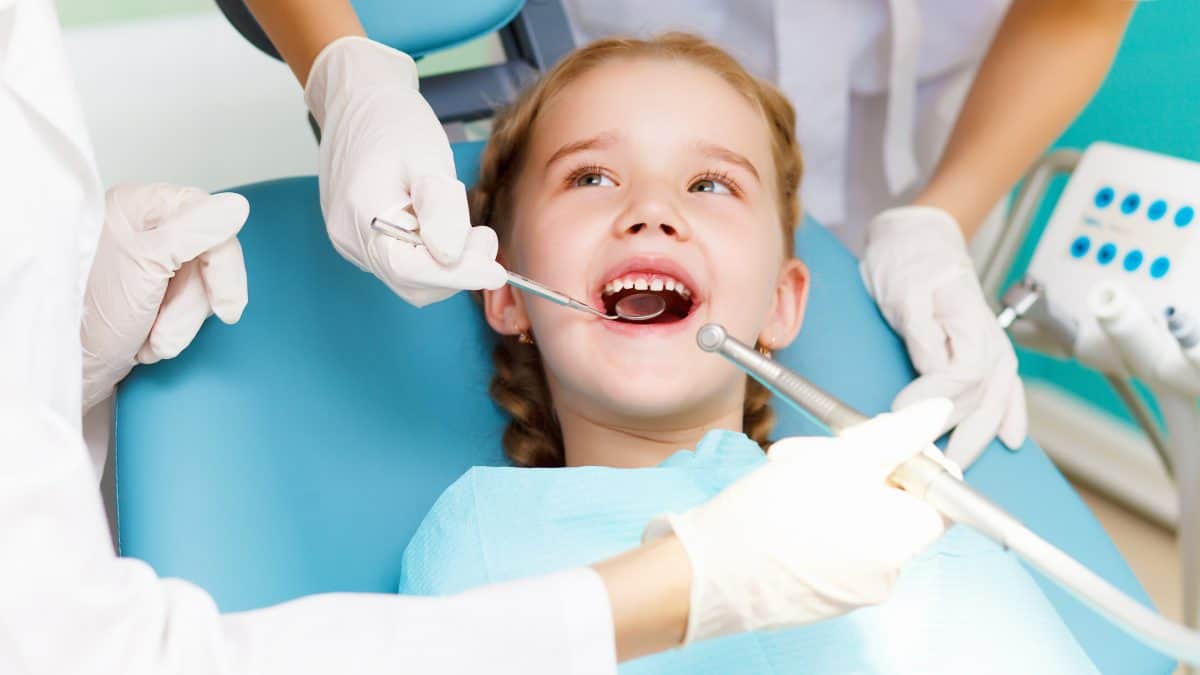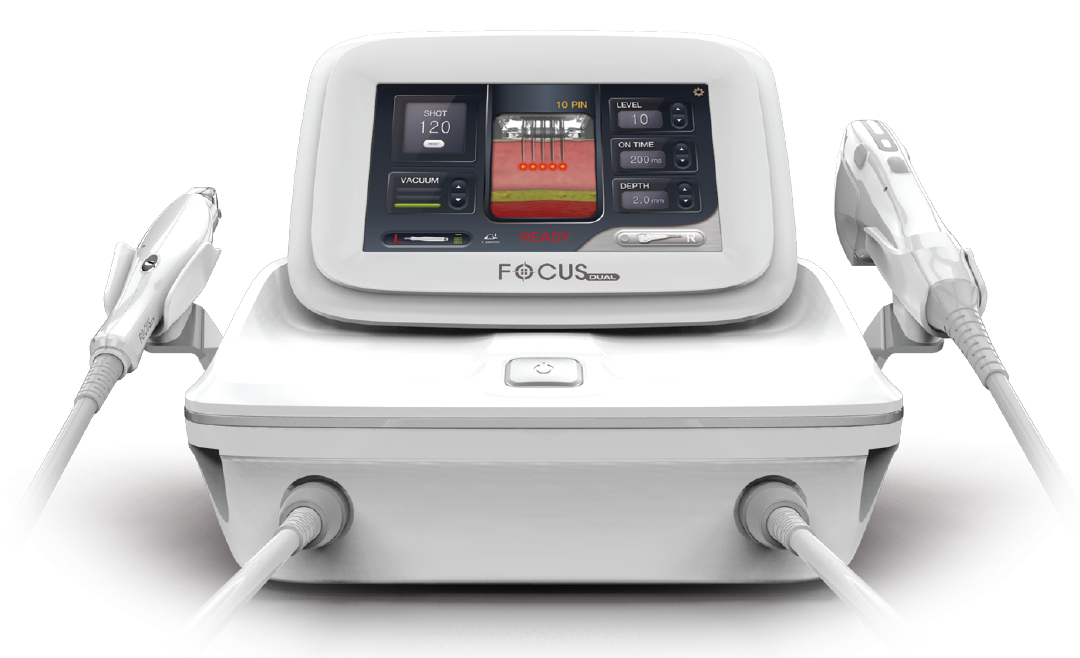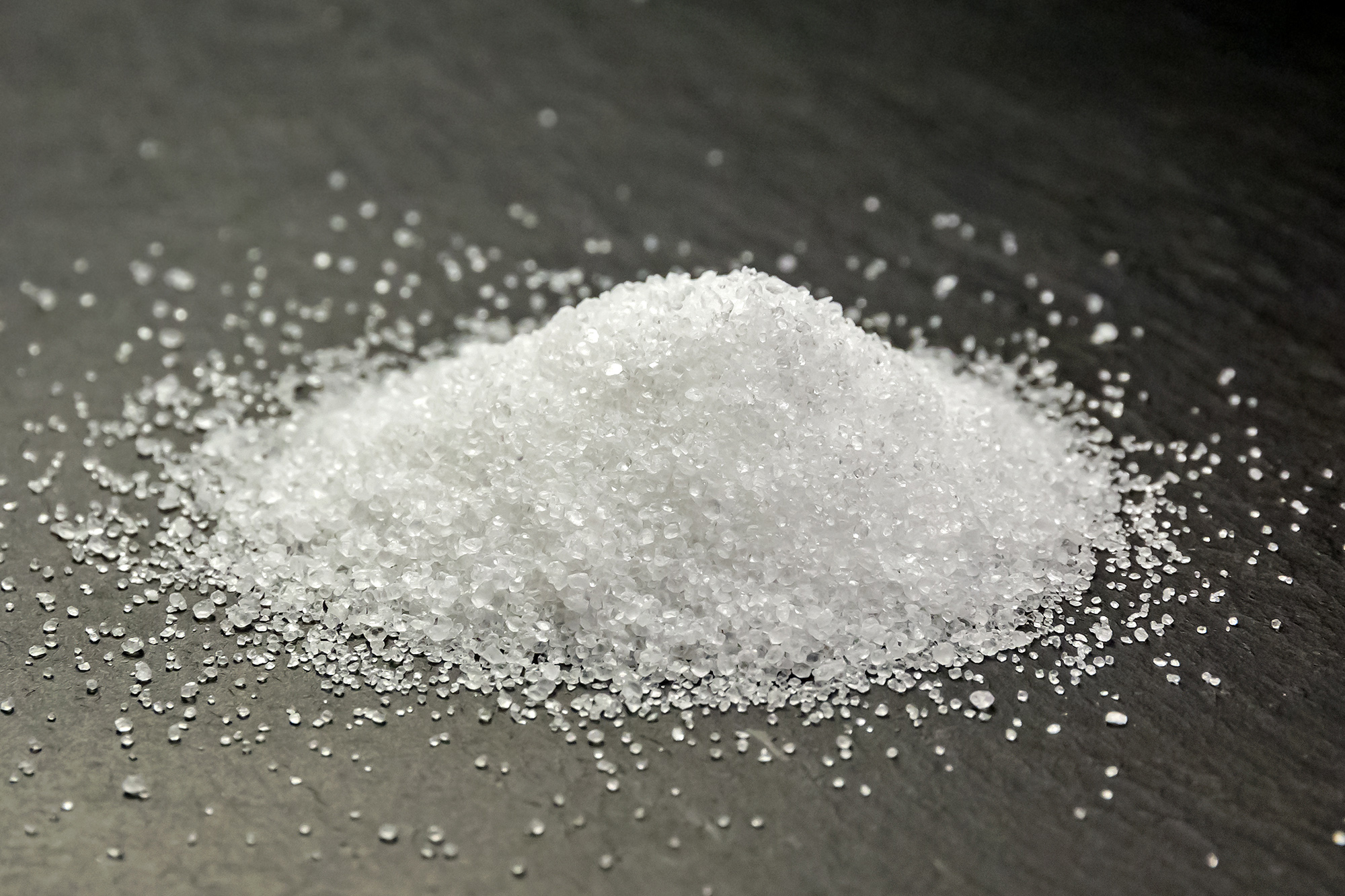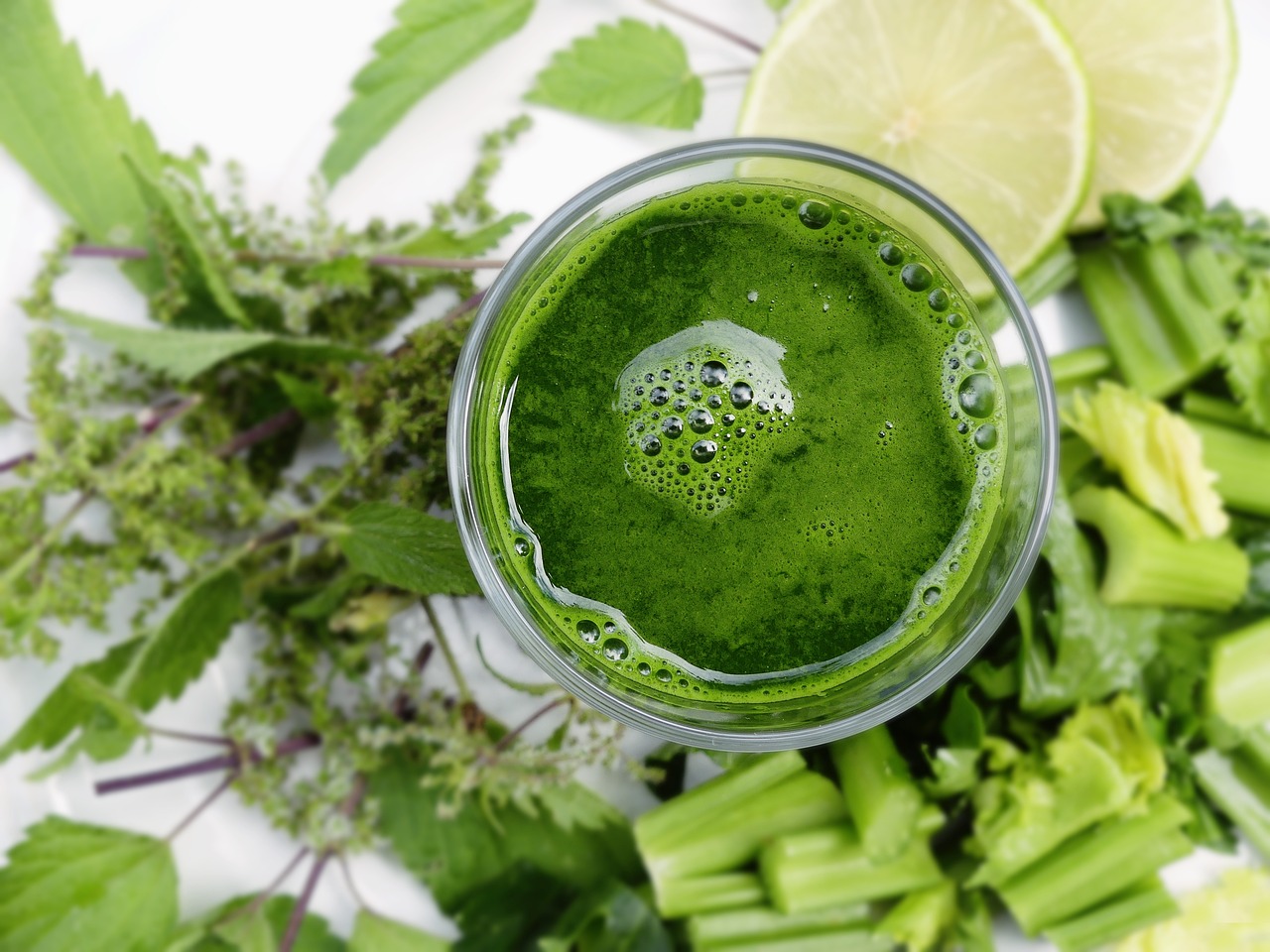Your baby will reach a milestone in their babyhood when they go from gummy smiles to teeth smiles. Your baby’s newly erupting baby tooth plays a vital role in the development and health of its mouth.
Pediatric Dentistry is the field of dentistry that looks into the dental care of babies. A pediatric dentist is one whom you should visit with your child to get a dental checkup of his/her teeth.
Why Is It Important To Have Baby Teeth?
Baby teeth (also known as primary teeth) prepare your baby’s teeth for permanent ones. Baby teeth are not only cute and adorable, but they also serve other purposes.
They aid in proper chewing and eating. They help break down food into smaller pieces that can be easily digested.
These are essential for learning to speak. Your child will be able to speak clearly and form words better if his or her primary teeth are well-aligned, spaced, and healthy.
These serve as placeholders for the permanent tooth and guide them in their proper place when they come in.
All of us want to see our children smile for a lifetime and have good health. These are some tips and facts to help keep your baby’s teeth healthy for many years and to prevent any future dental problems.
Timeline For Baby Tooth Eruption
Baby Teeth Eruption, also known as primary tooth eruption, occurs when your baby’s first teeth break through their gums. Teething typically begins at six months old. It’s normal for teething at any age, from three to twelve months.
Tooth Eruption Timeline
Before babies are born, baby teeth begin to form. The second trimester is when the first tooth buds start to grow. After babies are born, their roots develop and the teeth grow until they reach the gums.
Most babies will have 20 baby teeth by the age of three.
Signs Of Teething
Each baby experiences teething in a different way. Some babies experience no symptoms while others feel a lot of pain. These are some common symptoms that your baby may experience during teething:
- Drooling
- Irritability
- Gum swelling or reddening
- Ear rubbing
- Facial rash
- Mild temperatures
- Biting or sucking
There are some things that you can do to ease the pain and discomfort of your child’s teething difficulties. You can give your child something to chew, such as a rubber teething ring or cold washcloth.
Make sure they are kept in the fridge (not the freezer). Chewing can help relieve the pressure from the new teeth pressing upwards. Gently rub your baby’s gums using a clean finger, or a moist gauze pad.
Offer chilled foods such as yogurt, applesauce, or pureed peaches to your child if they are starting solid foods. To help distract and reassure your child, give them lots of cuddles and kisses.
These symptoms may not go away or worsen. Please contact your pediatrician if they persist. You might have something else going on.
Brushing Baby Teeth
Use a moist, soft washcloth to clean your baby’s mouth daily before their first tooth is visible. Once your baby’s first tooth is visible, you should brush it twice daily with a small bristle toothbrush. It contains a small amount of fluoride-containing toothpaste. Encourage your baby to spit out toothpaste.
Cavities And Baby Teeth
Baby teeth can develop cavities just like permanent teeth if they are not taken care of properly. Baby Bottle Tooth Decay refers to the condition in which baby teeth come into contact with too many sugary foods. This can happen when baby teeth are placed in a bottle at night, or when the bottle is used as an infant pacifier.
Sugar is a food source for bacteria in the mouth. They multiply and make acid as a waste product. Tooth decay occurs when acid damages the enamel and teeth. Baby bottle tooth decay can be prevented by using water, milk, and formula. The bottle should not be taken out of the child’s room while he or she is asleep.
There Are Other Ways To Prevent Cavities:
Between meals, avoid giving your baby unhealthy snacks such as soda and candy. Give your baby fruit, cheese, yogurt, and other healthy snacks instead.
Limit how much juice you give to your child. The American Academy of Pediatrics suggests that young children should not consume more than 6 ounces of juice per day. Juice should only be given at mealtimes. Juice should be avoided for babies under 6 months of age.
Provide a clean pacifier for your child. Don’t put sugar or honey on it.
Your pediatric dentist should be notified if you notice white spots on your baby’s tooth. A white spot is usually the first sign that there is a cavity.
First Dentist Visit
Baby & Me recommends children visit the dentist six months after their first tooth is extracted or before they turn one.
Education and prevention are the keys to healthy smiles for a lifetime. For children under 2 years old, you can schedule a “Baby and Me” appointment. We will check the health of your baby’s teeth and ensure that they are properly erupting.
We discuss the importance of proper oral care, diet, and other habits that can impact your child’s dental health.
The first visit to the dentist is a great opportunity to introduce your child in a positive and fun way to dentistry.











